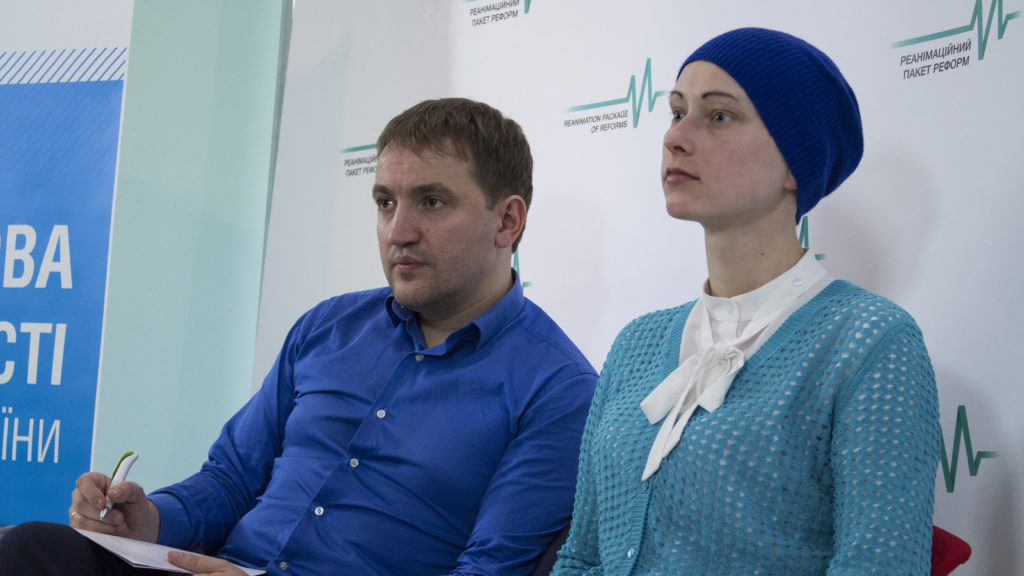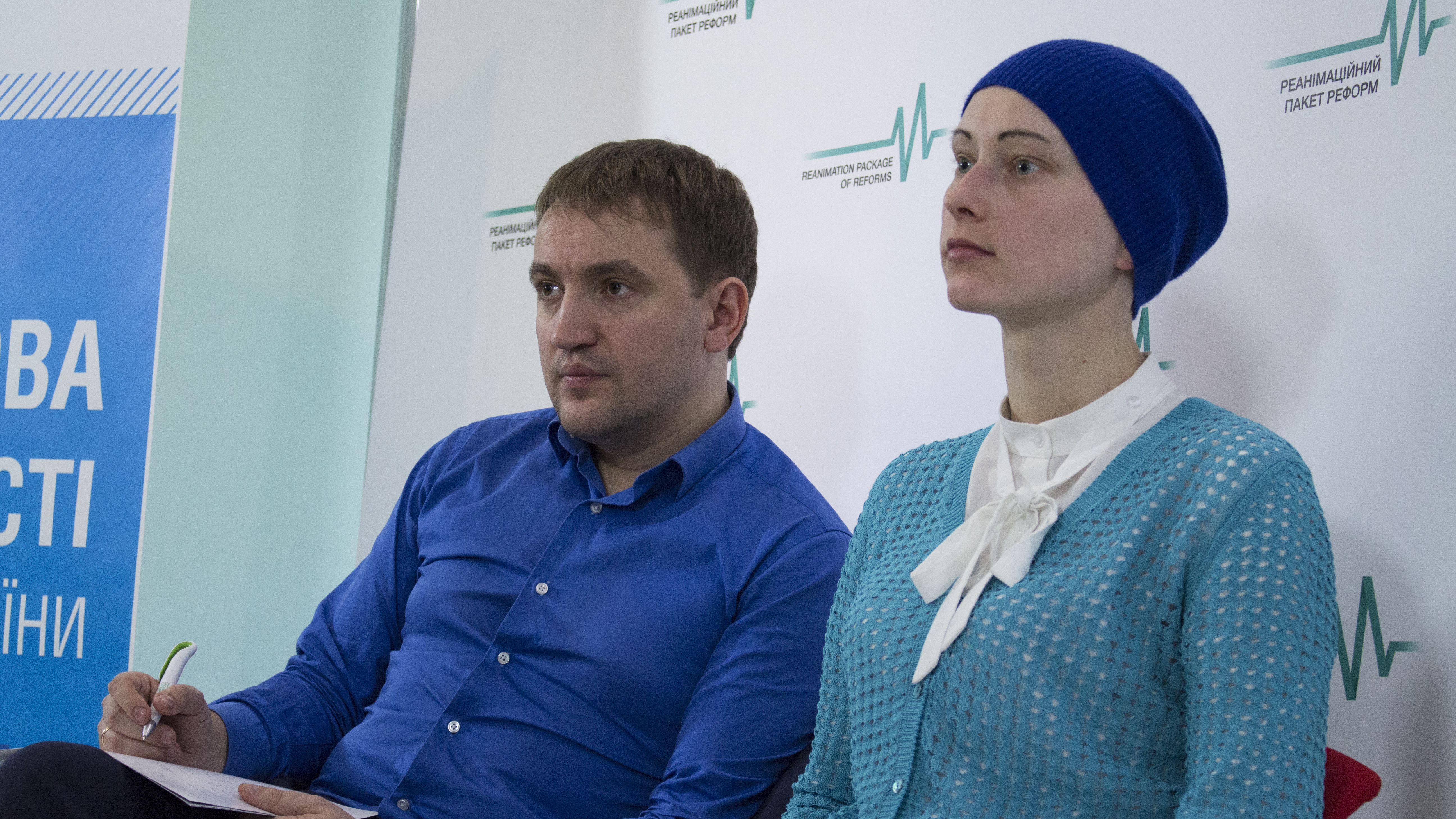

 On March 9, the research methodology of the transparency ranking of the100 largest cities in Ukraine was presented to the public by Transparency International Ukraine and the Institute of Political Studies. Thanks to this methodology, analysts will investigate to which degree City Halls are customer-oriented and accountable and whether citizens have influence on the development of their own municipal policy.
On March 9, the research methodology of the transparency ranking of the100 largest cities in Ukraine was presented to the public by Transparency International Ukraine and the Institute of Political Studies. Thanks to this methodology, analysts will investigate to which degree City Halls are customer-oriented and accountable and whether citizens have influence on the development of their own municipal policy.
In the frame of the project “Building Transparent Cities in Ukraine“, researchers will develop a ranking of 25 cities and provide analyses on 75 other municipalities based in 13 regions, using 88 indicators. The methodology will comprise sections such as ‘staff and housing policy’, ‘procurement’, ‘municipal enterprises’, ‘land use’ and ‘construction policies’. If an indicator is given one point, it means that there is a 100% compliance with the standards. In the comments, each expert will reference the sources which determined the final score.
The key indicators make corruption impossible in the regions “The transfer of powers and financial resources to local authorities brings the risk of an increased corruption at the local level. Lack of transparency and accountability of budget spending remain common problems. We believe that without an objective assessment of the current integrity and transparency levels in the cities, without consultancy support, they will not be able to reach high anti-corruption standards and the decentralization process will be a profanation ),” said Kateryna Tsybenko, Coordinator of the project “Building Transparent Cities in Ukraine” at Transparency International Ukraine.
The study is based on a Slovak methodology, which includes current and relevant indicators to analyse the situation of Ukrainian municipalities, for instance in terms of professional ethics and conflict of interest. The research was based on methods used by Ukrainian public organizations. Nevertheless, the comprehensive study provided by TI Ukraine and the Institute of Political Studies will not only focus on information that is publicly accessible:
“It would be convenient and helpful for us to have the information obtained gathered on the municipality’s’s website. A big part of the information is not shared with the public,” commented Oleksandr Solontai, a manager and researcher of the applied politics program of the Institute of Political Studies. It would for instance be difficult for citizens with no specialized background on this subject to analyze the budgetary information published. During the discussion, NGOs representatives asked that the methodology be extended and that sections on healthcare and environment be added.
An indicative list of questions destined to city halls will be published beforehand. Thus, as soon as the ranking is published, municipalities will have the possibility to improve their performance report, provide information about their technical problems or make justified changes to the research. According to Oleksandr Solontai, communication will lead to better results because cities will be able to compare themselves thanks to the ranking indicators.
In Slovakia, the cities’ transparency ranking is issued on a yearly basis and the regions’ analysis is performed by the state. Oleksandr Solontai commented that such rankings have to a legal value; they should be a reference not only among the public and government officials.
References
The research on cities transparency in Ukraine was elaborated in the frame of the project “Building Transparent Cities in Ukraine” and supported by the UN Democracy Fund. As soon as the ranking in selected cities is established, training sessions and seminars for public activists, journalists and government officials will be organized. The participants will learn about the best practices to fight corruption and increase transparency at the local level. Furthermore, local anti-corruption initiatives will receive grants. At the final stage, analysts will measure cities’ transparency again in order to evaluate the effectiveness of the two-year project.






